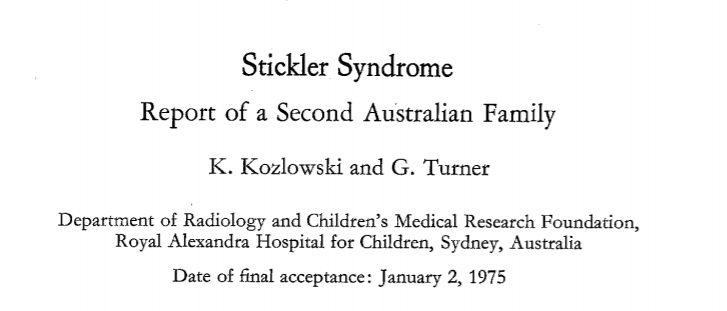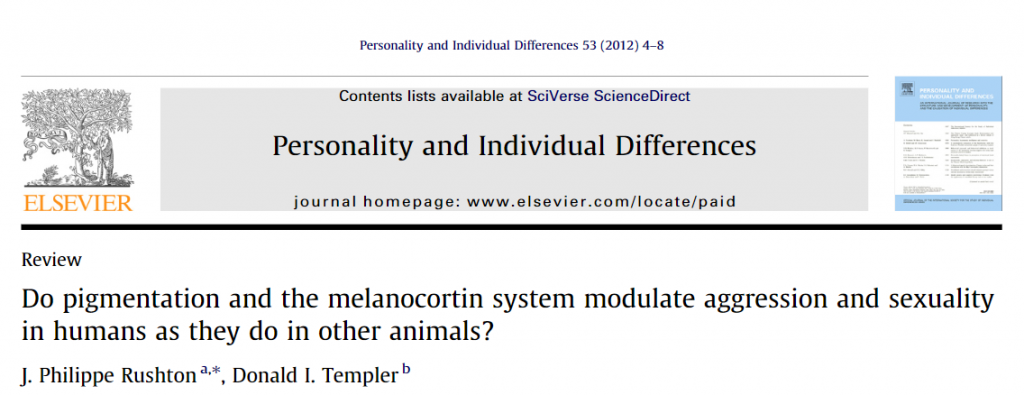
A journal has retracted a 45-year-old case study over concerns that the authors had failed to obtain proper informed consent from the family they’d described.
The article, “Stickler syndrome report of a second Australian family,” appeared in Pediatric Radiology, a Springer Nature title, in 1975. The first author was Kazimierz Kozlowski, a prominent radiologist who was born in Poland and worked in the United States and Australia, where he studied skeletal diseases in children.
Continue reading Why did a journal suddenly retract a 45-year-old paper over lack of informed consent?






